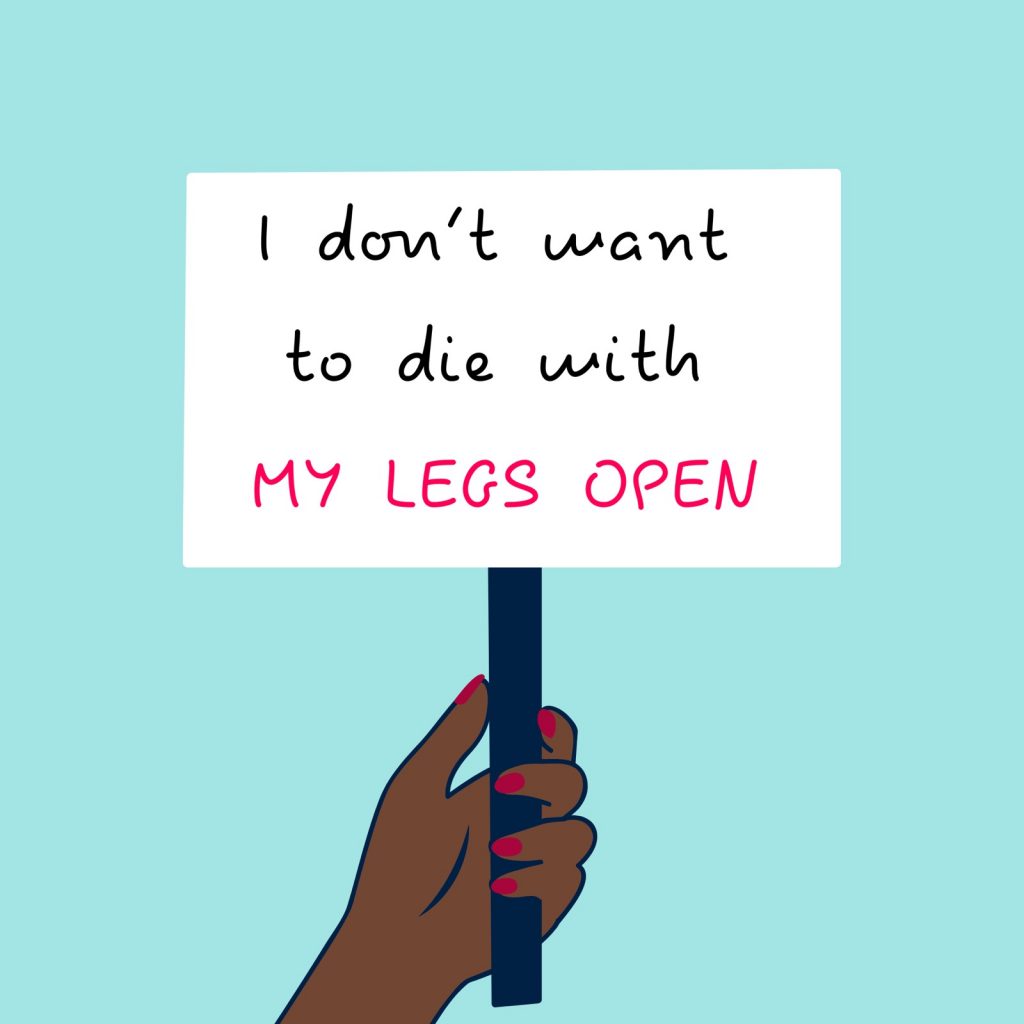
By: Sophia Musante Credit: The Myriad News
Sophia Musante reports on the spike in gender-based murders in South Africa as quarantine lifts.
Protests in South Africa stem from 17-year-old girl murdered
17-year-old Amahle Quku was found dead in the streets of Browns Farm, Cape Town on June 20. Quku’s body was bruised and stripped of all clothing.
On June 21, hundreds of Quku’s classmates gathered to protest gender-based violence and demand justice for Quku.
“We fear men,” the protestors chanted. “We trust no men.”
Quku is just one of at least twenty one female murder victims since South African President Cyril Ramaphosa began lifting the country’s strict COVID-induced lockdown measures on June 1.
South Africa has a history of gender-based violence
A 2018 UN report on gender-related killings defines femicide as “hate crimes against women [that] are perpetrated by men simply because of the gender roles assigned to women.” However, the term may also refer to any killings of women or girls.
South Africa’s problem with gender-related murders is not new; the country has the fourth highest femicide rate when compared to 183 other countries. A crime report released by the police force in 2019 suggests that a woman is murdered every three hours in South Africa; many of these women are raped and assaulted beforehand. Additionally, as much as 51 percent of South African women experience physical abuse from a romantic partner.
COVID-19 relates to a recent surge of femicide
In an attempt to limit domestic violence as COVID-19 forced families to stay home, the South African government banned the sale of alcohol and cigarettes in mid-March.
“Several international and domestic studies show clear linkages between alcohol abuse and gender-based violence,” Ramaphosa said. “Of course, it is not alcohol that rapes or kills a woman or child. Rather, it is the actions of violent men. But if alcohol intoxication is contributing to these crimes, then it must be addressed with urgency.”
However, as unemployment rates passed 30 percent, lockdown rules were eased on June 1. Police Minister Bheki Cele linked the recent surge in femicides and violence against women to the lifting of the ban on alcohol sales.
Ramaphosa referred to this surge in femicides as “a second pandemic” during a televised national address June 17.
“As a man, as a husband and as a father to daughters, I am appalled at what is no less than a war that is being waged against the women and children of our country,” Ramaphosa said. “At a time when the coronavirus pandemic has left us all feeling vulnerable and uncertain, violence is being unleashed on the women and children of our country with a brutality that defies any form of comprehension.”
South Africa attempts to tackle gender-based violence
In response this widespread national violence, Ramaphosa promised legislation concerning protection for victims of domestic violence, regulation of bail conditions for suspects, and increased minimum sentencing for gender-based violence in his June 17 speech. However, several opposition lawmakers have since criticized his lack of tangible reaction.
“Unless the president steps in and ensures that his ministers draft bills, his statement last night will only be empty words to try and appease the anger simmering in communities but will ultimately not stem the [gender-based violence] tide,” chief whip of the Democratic Alliance Natasha Mazzone said.
Ramaphosa has attempted to address South African femicide rates before, setting aside 75 million in order to strengthen punishment for abusers in 2019. However, women’s rights activists like Ngaa Murombedzi have called for the South African government to increase their commitment to the pursuit justice for femicide victims.
“It’s not enough for the president to say we won’t tolerate violence,” Murombedzi said to CNN. “We want accountability. The government cannot just be saying they are taking a strong stance when they’re not acting. They need to put action with those words.”
Femicide in South Africa is based on deeply-rooted misogyny
Russel Pollitt, S.J., director of the Jesuit Institute of South America, said that South Africa’s gender-based violence problem is based in deeply misogynistic cultural norms and cannot simply be addressed by government action.
“The cultural norms in South Africa see women as ‘less’ than men. We have to confront our cultural bias,” Pollitt said. “I think that the high rate of religious adherence in the country means, too, that the roles of men and women are interpreted through religious systems and beliefs … Women are often portrayed as subservient, which can give rise to violence from men who see a need to assert their dominance.”
Gareth Newman, Head of Justice and Violence Prevention at the Institute of Security Studies agreed with Pollitt, saying the femicide rates will not change without shifting the cultural norm.
“Now, we need programs for men at their early childhood that educate them about different attitudes and they’ll see women as their equals and will be less likely to use violence at all when they grow up,” Newman said to CNN.
